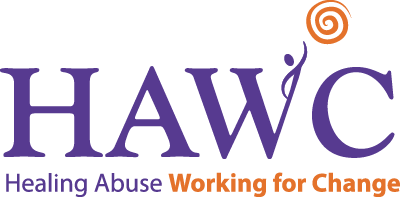For anyone who has experienced abuse, the pathway to healing involves re-learning how to establish relationship behaviors. During abusive relationships, survivors must develop behaviors that are necessary for survival. Dishonesty or unhealthy coping skills might be needed to protect survivors from harm or get their needs met.
Time away from the abusive environment is the key to unlearning these behaviors and communicating your challenges with friends and family members so that they may best support you. However, to speed along the process, consider the following tips and tricks:
- Find patterns. Try to recognize what your current partner, friends, or family do that elicit an extreme or inexplicable reaction from you. Whether it’s making loud noises or voices, belittling or playfully mocking you, these moments may trigger a post-traumatic response. Detect these patterns by recognizing when your reaction to a situation isn’t what it should be, and then step backward to understand why you reacted such a way. Once you identify these triggers, you can practice alternative reactions.
- Be open. Do not be afraid to be vulnerable again. Being honest not only with yourself, but the people around you, can help you fight the idea that those who care about you are judging you, putting your down, or determined to hurt you. These people can be an invaluable resource, as they can provide help and feedback. You can also seek out professional help, so that you can begin to open up with someone who you can trust unequivocally.
- Talk face to face. Even after you are out of a previous abusive relationship, when you recognize an issue with your current partner, friend, or family member, you might be tempted to avoid confrontation out of fear. However, if you value the relationship, having serious conversations with the other party can lead to a healthier relationship and can help you learn how to stand up for yourself. Pick the right time to talk, in a quiet environment when both you and your partner are calm and undistracted. Try not to discuss such issues through text message, letter, or email. If you don’t want to talk to the other party right away, you can practice the 48 hour rule. With this technique, you check in with yourself after 48 hours; if you’re still bothered by the issue after two days, you could schedule a time to talk to your partner.
- Be patient. Again, time is the key to any healing journey. Part of that progress takes time is accepting that perfection is not always the goal. Making the effort to try to improve your relationships and behaviors is an impressive feat no matter what. Be sure to practice self-compassion and be gentle with yourself on this journey.
If you need further support on your path towards healing, consider calling HAWC’s 24-Hour Hotline at 1-800-547-1649.
References
- Hughes, Jada Ann. “Unlearning Unhealthy Communication Behaviors.” One Love. Retrieved by https://www.joinonelove.org/learn/unlearning-unhealthy-communication-behaviors/ .


